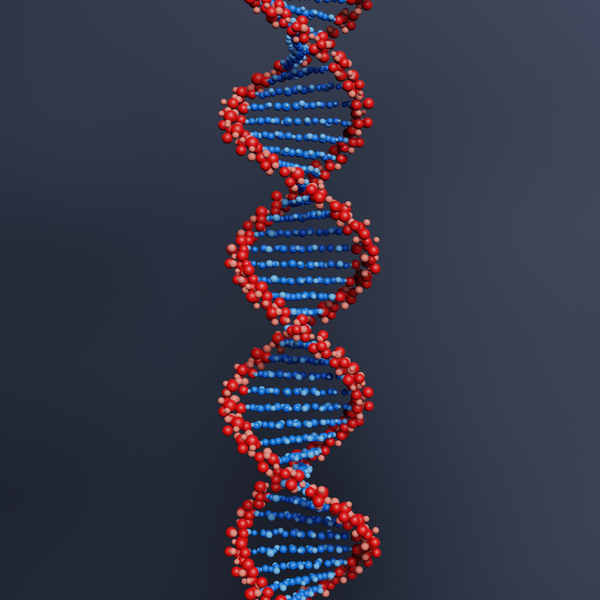Vitamin B12 is a vital nutrient that plays a key role in numerous bodily functions, particularly metabolism. Understanding how this essential vitamin supports metabolic processes can offer insights into maintaining energy levels, cognitive function, and overall health. At Muhlenberg Weight Loss, we’re focused on ensuring that our clients understand how treatments can help with their weight loss journey, so let’s explore the relationship between vitamin B12 and metabolism!
How Vitamin B12 Supports Metabolism

Energy Production & Red Blood Cell Formation
Vitamin B12 is integral to the process of converting food into energy. It serves as a co-factor in the metabolism of carbohydrates, fats, and proteins, helping break them down into glucose, which the body uses as fuel. This process is crucial for sustaining energy levels throughout the day. Vitamin B12 supports the production of red blood cells so your body can efficiently produce and use energy.

DNA Repair & Nervous System Function
DNA synthesis is fundamental to cell division and repair. Vitamin B12 contributes to these processes, enabling the renewal of cells and maintenance of tissues, which are key components of a healthy metabolism. Vitamin B12 also helps maintain the protective covering of nerves, called the myelin sheath, ensuring efficient nerve signaling. Proper nervous system function aids in the regulation of various metabolic processes.

Impacts of Vitamin B12 Deficiency on Metabolism
A deficiency in vitamin B12 can lead to several metabolic issues, including:
Fatigue and Weakness: Due to impaired energy production and oxygen transport.
Neurological Problems: Such as memory loss and cognitive difficulties, affecting overall health and metabolic efficiency.
Megaloblastic Anemia: Caused by impaired red blood cell formation, leading to reduced oxygen transport and energy metabolism.

Sources of Vitamin B12
Maintaining adequate levels of vitamin B12 is crucial for metabolic health. It can be found in:
Animal Products: Such as meat, fish, poultry, eggs, and dairy.
Fortified Foods: Cereals and plant-based milk alternatives often fortified with B12.
Supplements: Available for those who might have difficulty obtaining sufficient B12 from their diet, particularly vegans and vegetarians.
Vitamin B12 is a cornerstone of metabolic health, influencing energy production, red blood cell formation, DNA synthesis, and nervous system function. Ensuring adequate intake through diet or supplementation can help maintain optimal metabolic processes, supporting overall well-being and vitality. For those concerned about their vitamin B12 levels, consultation with a healthcare provider is recommended for appropriate testing and guidance.
